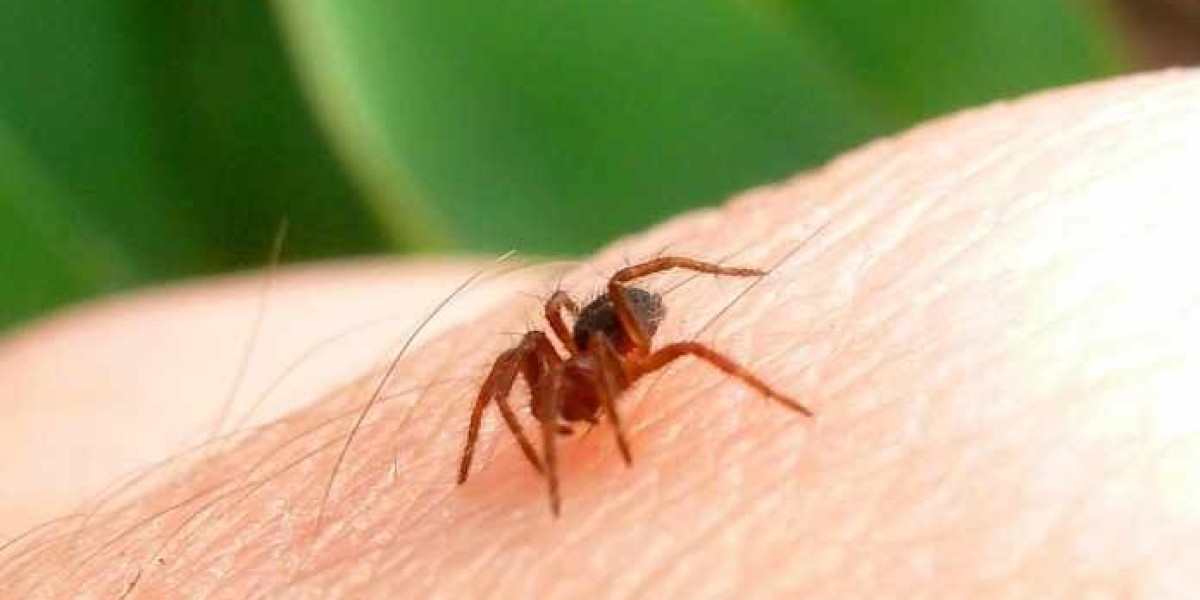Spider bites are usually harmless but can cause pain, swelling, itching, and sometimes infection. Most spiders are not venomous, but some species can seriously threaten humans. This article will explore some home remedies for spider bites that may help relieve symptoms and speed healing.
Home Remedies For Spider Bites:
Some natural remedies may help soothe the symptoms of a spider bite. Some of them are:
Turmeric paste: Turmeric has anti-inflammatory and antibacterial properties that can help reduce swelling and prevent infection. Make a paste and apply at the bite. Leave it on for 15 to 20 minutes, then rinse it with water.
Aloe vera gel: Aloe vera has cooling and healing properties that can help relieve itching, burning, and irritation caused by a spider bite. You can cut an aloe vera leaf, squeeze the gel, and apply it directly to the wound.
What To Do:
Identify the Spider
The first step is to identify the type of spider that bit you. This can help you determine if you need medical attention or not. Some common spiders that are found in different parts of the world are:
Brown recluse spider: This spider has a violin-shaped mark on its back and six eyes. It is mostly found in the Midwest and the South of the United States. Its bite can cause skin necrosis, fever, chills, nausea, joint pain, and restlessness.
Black widow spider: This spider is black with a red hourglass pattern on its abdomen. It is mostly found in the South and the West of the United States but can live anywhere in North America. Its bite can cause muscle stiffness, sweating, nausea, restlessness, and severe pain that spreads from the bite site to other parts of the body.
Hobo spider: This spider is brown with yellow markings on its abdomen. It is mostly found in the Pacific Northwest of the United States and Canada. Its bite can cause blistering, redness, swelling, and pain lasting several days.
If you are unsure what kind of spider bit you or suspect a nasty spider bite, you should seek medical help immediately.
Clean the Wound
Clean the wound with soap and water to remove any dirt, venom, or bacteria that could cause infection. You can also apply an antiseptic solution or cream to disinfect the wound.
Apply a Cold Compress
A cold compress helps reduce the swelling, inflammation, and pain caused by a spider bite. Wrap some ice cubes in a cloth. Apply the cold compress to the bite site for 10 to 15 minutes several times daily.
When to See a Doctor
Most spider bites are not serious and can be treated at home with the abovementioned remedies. However, some spider bites can cause severe reactions that require medical attention. See a doctor if you encounter any of the following symptoms:
Difficulty breathing, swallowing, or speaking
Chest pain, palpitations, or irregular heartbeat
Nausea, vomiting, or abdominal cramps
Dizziness, fainting, or confusion
Skin necrosis, ulceration, or gangrene
Signs of infection, such as pus, fever, chills, or swollen lymph nodes
Conclusion:
Spider bites are rare, usually harmless. Home remedies might help include turmeric paste, aloe vera gel, baking soda, tea tree oil, cold compresses, and over-the-counter medications. However, if you suspect a nasty spider bite or have severe symptoms, you should seek medical help immediately.








